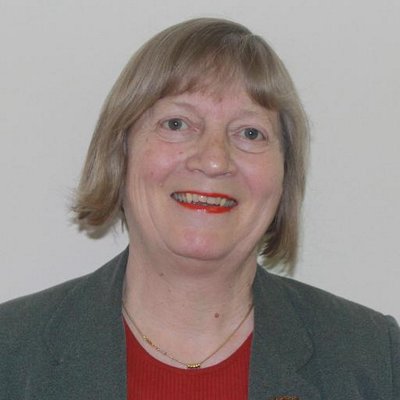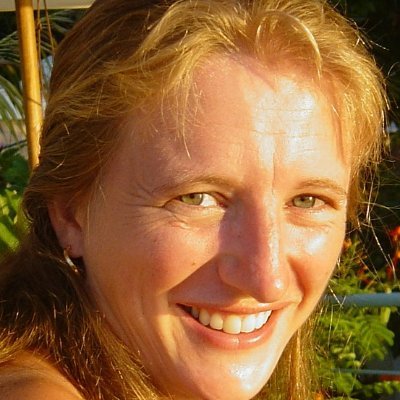Whilst there is plenty of existing research on microscale chemistry and its benefits, much of this focusses on logistics of how and the why. Currently, no research exists on what pupils actually think of it. This led us to a pupil-voice research project on practical work on the microscale.
Students have performed the same practical both full-scale and microscale, and have discussed their views on the process: how easy it is, how useful it is, whether it aids their understanding, and most importantly, whether they prefer it! Both qualitative and quantitative data has been collected using focus groups, lesson observations and % positive response surveys.
This session aims to:
Provide the background of the research project
Discuss early findings of the students' perspectives
Suggest how to make the most out of microscale practical work in your lab
This session relates to the
book on Microscale Chemistry sold by ASE/Millgate House




